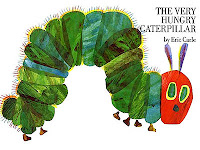Responses
1. First, it was hard because they were both right out of high school, and were no where near prepared to be parents. They had no experience at being married so it was more difficult to take care of the child. Lastly, John went to school and they both had jobs, so they had to make their baby schedule fit their jobs and John’s schooling.
1. First, it was hard because they were both right out of high school, and were no where near prepared to be parents. They had no experience at being married so it was more difficult to take care of the child. Lastly, John went to school and they both had jobs, so they had to make their baby schedule fit their jobs and John’s schooling.
2. I think he was a very good father; he cared for Adam very much. First, when he was away with Kathy, he found his bunny and slept with it, because he was worried that Adam wasn’t doing alright. When he was sick, he worried about him, and went to the store to get medicine when he had a calculus final to study for so he’d pass his first year. Also, he nurtured him whenever he needed care, and just overall loved him very much because it was obvious.





